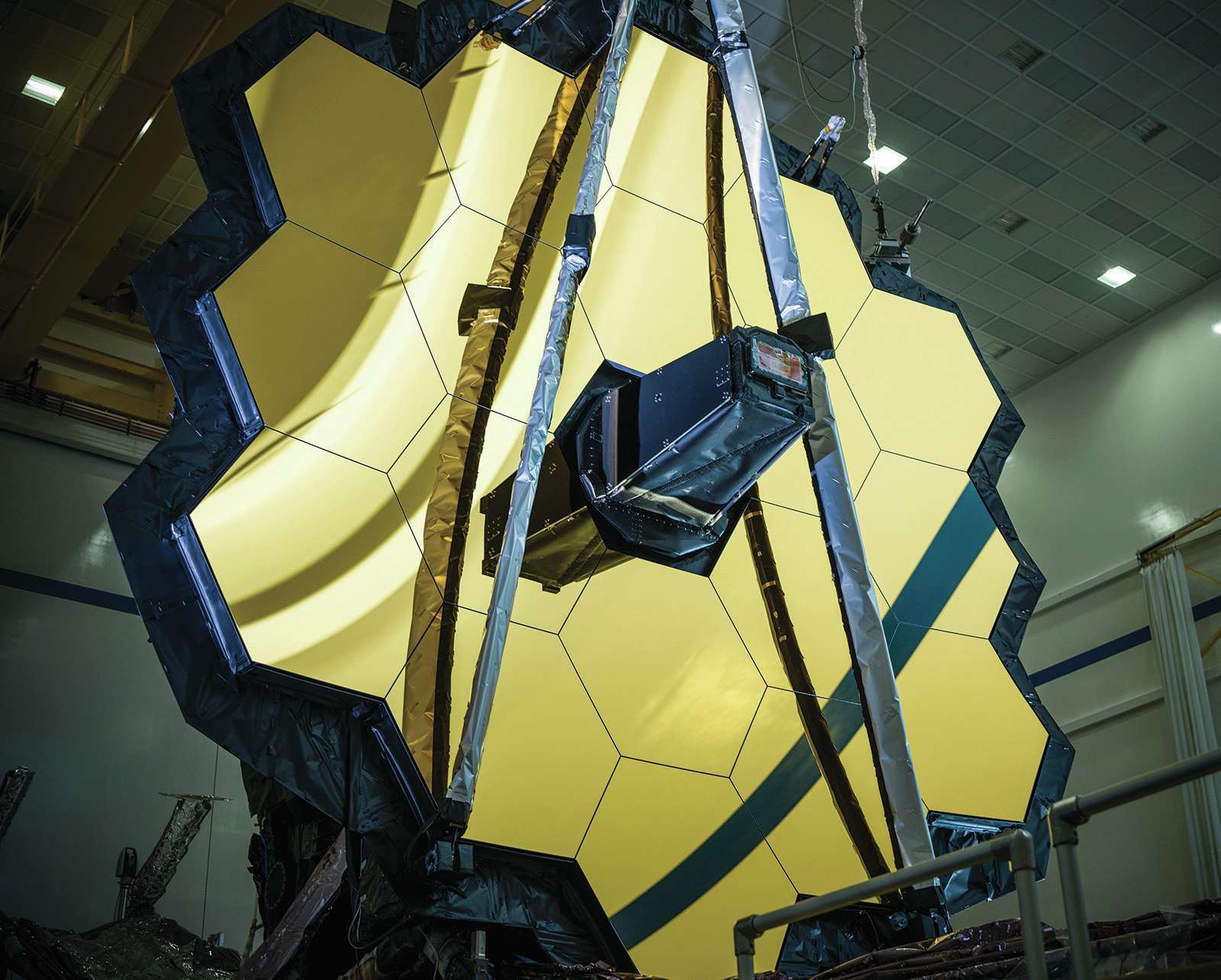The James Webb Space Telescope continues to throw surprises. It has recently detected some very old galaxies that have astonished astronomers. They are much more massive than expected, which scientists say challenges assumptions about the early universe.
An international team of astronomers detected six galaxies in a region of space close to the constellation Ursa Major, between 500 and 700 million years after the Big Bang, when the universe was still in its infancy.
“These objects are much more massive than anyone expected,” said Joel Leja, one of the researchers at Penn State University. “We expected to find small, young, baby galaxies at this time, but we have discovered galaxies as mature as our own at what was previously understood as the dawn of the universe.”
The galaxies appear to contain almost as many stars as our present Milky Way, but they are much more compact. The researchers stress that they need more data to confirm if they are definitely as old as they appear. But if so, this could have a profound impact on how we understand the early universe.
“You just don’t expect the early universe to be able to get organized that quickly. These galaxies should not have had time to form,” said Erica Nelson, another of the researchers.
It is possible that some of the objects turn out to be supermassive black holes or quasars, but the researchers think it is more likely that they are galaxies. “If even one of these galaxies is real, it will push the limits of our understanding of cosmology,” Nelson said.
The problem is that current models of cosmology postulate that early galaxies should be very small, and would only grow over a long period of time.
“We looked at the very early universe for the first time and had no idea what we were going to find,” Leja said. “It turns out that we found something so unexpected that it actually creates problems for science. It casts doubt on the whole picture of early galaxy formation.”
Nature/OnCuba.




